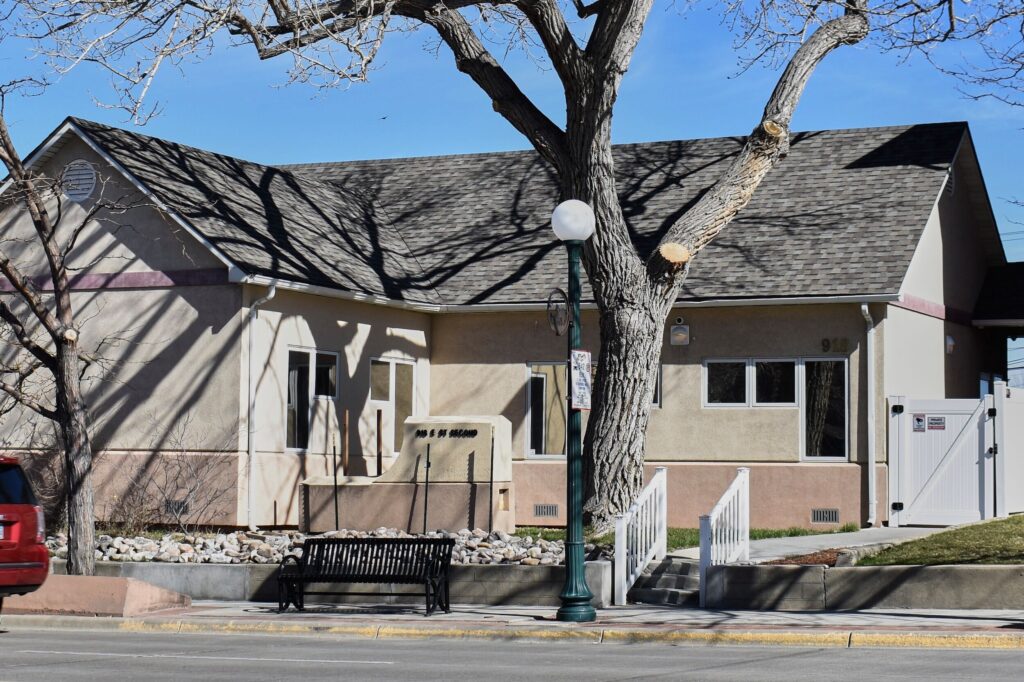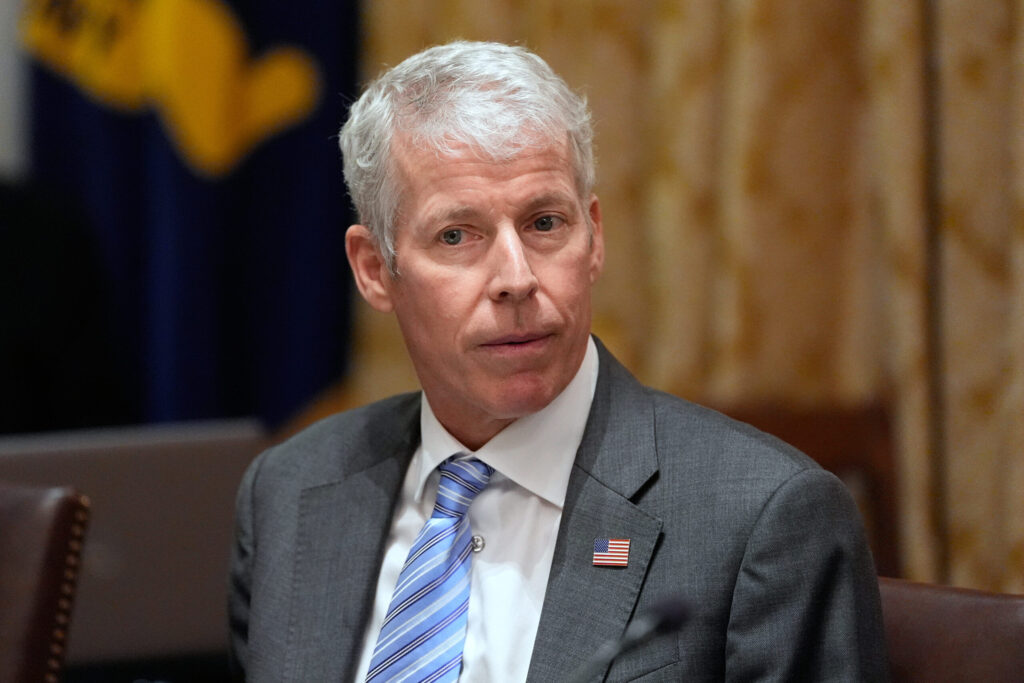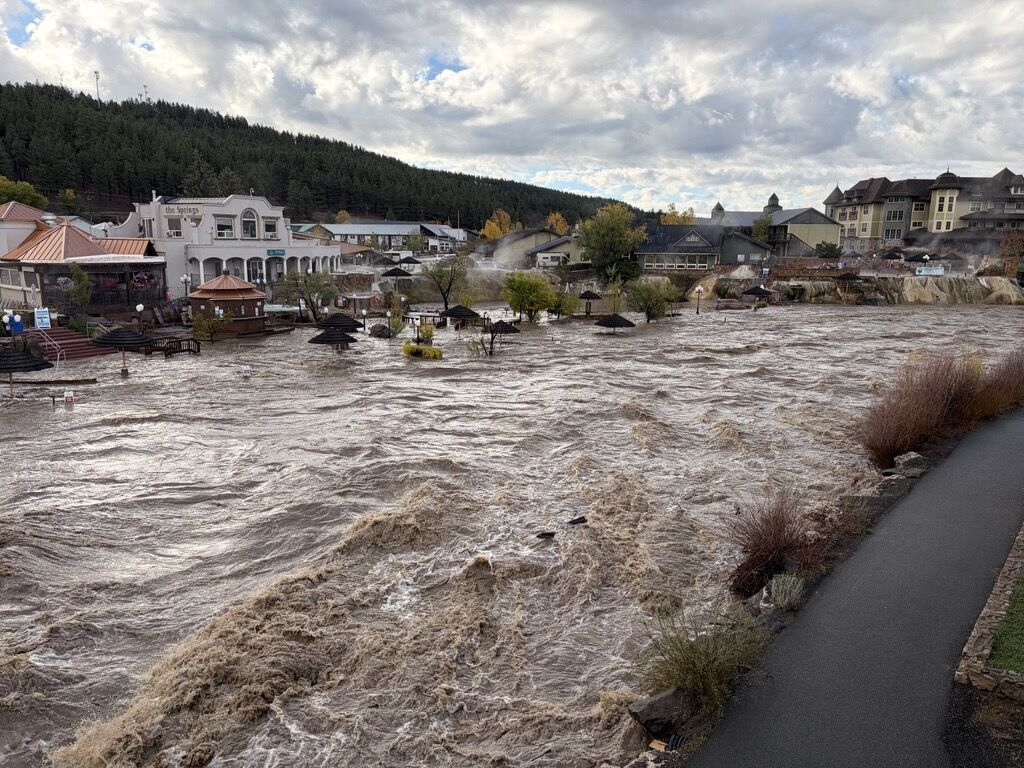Western Slope push for lower health insurance rates heads to governor

AVON — As the Legislature streaks toward the end of session, lawmakers have passed a Western Slope health insurance bill that could prove a bitter pill to some of Colorado’s Front Range residents but might provide soothing relief for stressed-out mountain dwellers.
Skyrocketing health care costs on the Western Slope in general and in the state’s mountain-resort communities in particular have fueled spiking health insurance rates, with a more than 20 percent jump this year alone. House Bill 1336 (PDF) is a bipartisan bid to reverse the trend.
“The root cause of [the spike] is of course the high cost of health care, and the question is why is it so high?” said Avon mortgage broker Chris Neuswanger, who started a website called “Equalrates.com” to track the progress of the bill and gather signatures of support. “But coping with [the high costs] has obviously led to the higher insurance rates because, unlike other insurance, which is averaged over the entire state, health insurance goes by zones.”
Dubbed “Study Single Geographic Area Individual Health Plans,” the bill directs the Colorado Division of Insurance to study the feasibility of changing the current system of creating risk pools based on geographic areas under the federal Affordable Care Act.
The bill, which passed both chambers and now awaits the signature of Gov. John Hickenlooper, would examine the possibility of moving the state into a single risk zone, spreading the costs to all consumers. The state agency will be required to complete its report by Aug. 1, meaning changes could then be implemented by 2017 and rates might come down sharply on the Western Slope while increasing slightly for everyone else.
Neuswanger says that in the last three years his premium has climbed from $300 a month with a $2,500 deductible to $744 a month with a $6,500 deductible, and that his number of covered doctor visits has declined and he has been hit with a prescription drug co-pay.
“I’ve seen a lot of my clients have to decide whether they’re going to pay their mortgage or pay their insurance, and so far there are quite a few of them who’ve told me they’re going uninsured because they just simply cannot afford both,” Neuswanger said, adding its cheaper to pay the ACA penalty than to pay for skyrocketing health insurance.
Neuswanger, who gathered 1,400 signatures of support, adds that insurance rates for everything other than health care are geographically neutral, and that rates for Front Range consumers would likely increase minimally.
“Insurance premiums are not set by political parties, so there are Republicans and Democrats who are feeling the burden of this,” said Neuswanger, who credits a bipartisan group of county commissioners for spearheading the possible solution.
The bill’s primary sponsors in the House were Bob Rankin, R-Carbondale, and Millie Hamner, D-Dillon. It was sponsored in the Senate by Kerry Donovan, D-Vail, and Ellen Roberts, R-Durango.
“Is it the pharmaceutical side? Is it the cost of the equipment that hospitals have to buy? Is it the insurers just setting higher rates? Is it the hospitals just charging too much? Is it our lack of doctors? Is it our lack of hospitals?” Donovan said of runaway costs.
“This bill not only studies what the results of a single geographic area would be, but it also looks at what’s driving the high costs, period, because that will help us determine what it means to spread it out over the geography, so we should get a lot of information out of this bill, and it should be based on the reality of the Affordable Care Act,” Donovan told The Colorado Statesman.
Donovan said previous data that drove the creation of geographic risk zones were generated before and in the early stages of ACA implementation. Roberts said residents of her Southwest Colorado district are seeing premiums jump by as much as 22 percent a year, and they simply can’t afford premiums that are now mandated by federal law.
“I have been hearing from my constituents that now their health insurance premiums meet or exceed their mortgage payments, and they’re just flabbergasted that now there’s this [ACA] mandate they have to cover health insurance or pay a penalty,” Roberts said in a previous interview.
Bethe Wright, an insurance broker in Eagle, said earlier this year that the lowest rate she could find for a family of five in Eagle County was a Kaiser plan at just under $1,200 a month, adding that if that family of five makes $95,000 gross before taxes, they would get a $743 tax credit per month under the ACA. Still, that’s $450 a month with high deductibles and co-pays.
Wright points to the fact that Eagle County is incentivizing its 600 employees to travel the 130 miles along Interstate 70 to get their healthcare needs met in Denver, where costs are much lower.
“What is that telling you?” Wright said. “That it’s not affordable here and something has to be done.”
Neuswanger acknowledges costs are much higher in the high country — for everything, from gas to housing to groceries — and that there’s less competition and fewer providers who cite those higher costs as the reason an MRI might run $1,200 in Vail but $500 in Denver. And just to afford a mortgage, both parents need to work and pull in at least the $95,000 ACA cap for a family of five. Neuswanger says he and his wife do not qualify for ACA credits.
“Thanks to hard work and dedication by citizens and elected officials from our mountain counties in 2016, we will soon have data to show whether having one statewide region and risk pool would lower our premiums,” said co-sponsor state Rep. Diane Mitsch Bush, D-Steamboat Springs.
Even Front Range lawmakers agree there is an imbalance being forced on mountain residents.
“Western Slope rate increases are much higher than other parts of the state,” said Sen. Irene Aguilar, D-Denver, who sits on the Senate Health and Human Services Committee, but she adds that it’s unfair to entirely blame the ACA, which has led to a huge Medicaid expansion in the state that has kept some rural hospitals open. She cites the Alamosa hospital as an example of a rural, mountain facility that wants more Medicaid funding to come in.
Another factor cited in the sharp rise in health insurance rates not just on the Western Slope but all over the state is the runaway cost of prescription drugs. A bipartisan bill to bring those costs to light, sponsored in the Senate by Roberts and state Sen. Linda Newell, D-Littleton, was killed in a House committee last month.
HB 1102 would have required prescription drug manufacturers to provide data on the cost components of drugs priced at more than $50,000 per year per course of treatment.
“What sometimes gets lost is, even if you don’t buy these drugs, we all pay these costs anyway through premiums and Medicaid and the taxes we pay for corrections,” Jake Williams, executive director of the nonpartisan health policy organization Healthier Colorado, told the Rocky Mountain Post, discussing incarcerated Coloradans with Hepatitis C. “It affects everyone.”
Eagle County officials backed the bill, citing health care costs in the ski-resort area that have jumped in the last two years to nearly $10 million of the county’s overall $100 million budget. Eagle County Commissioner Jill Ryan was part of a group of Western Slope county commissioners working with the Colorado Division of Insurance on the geographic neutrality bill. Eagle County also backed the drug-cost transparency legislation.
“This bill is not about regulation, but rather common-sense transparency aimed at providing information to help maintain an accessible and sustainable healthcare system for all Coloradans,” the Eagle County commissioners stated in an official resolution.
This story has been updated to make clear that the bill would just examine the feasibility of moving the state into a single geographic zone.
Colorado Politics Must-Reads:













